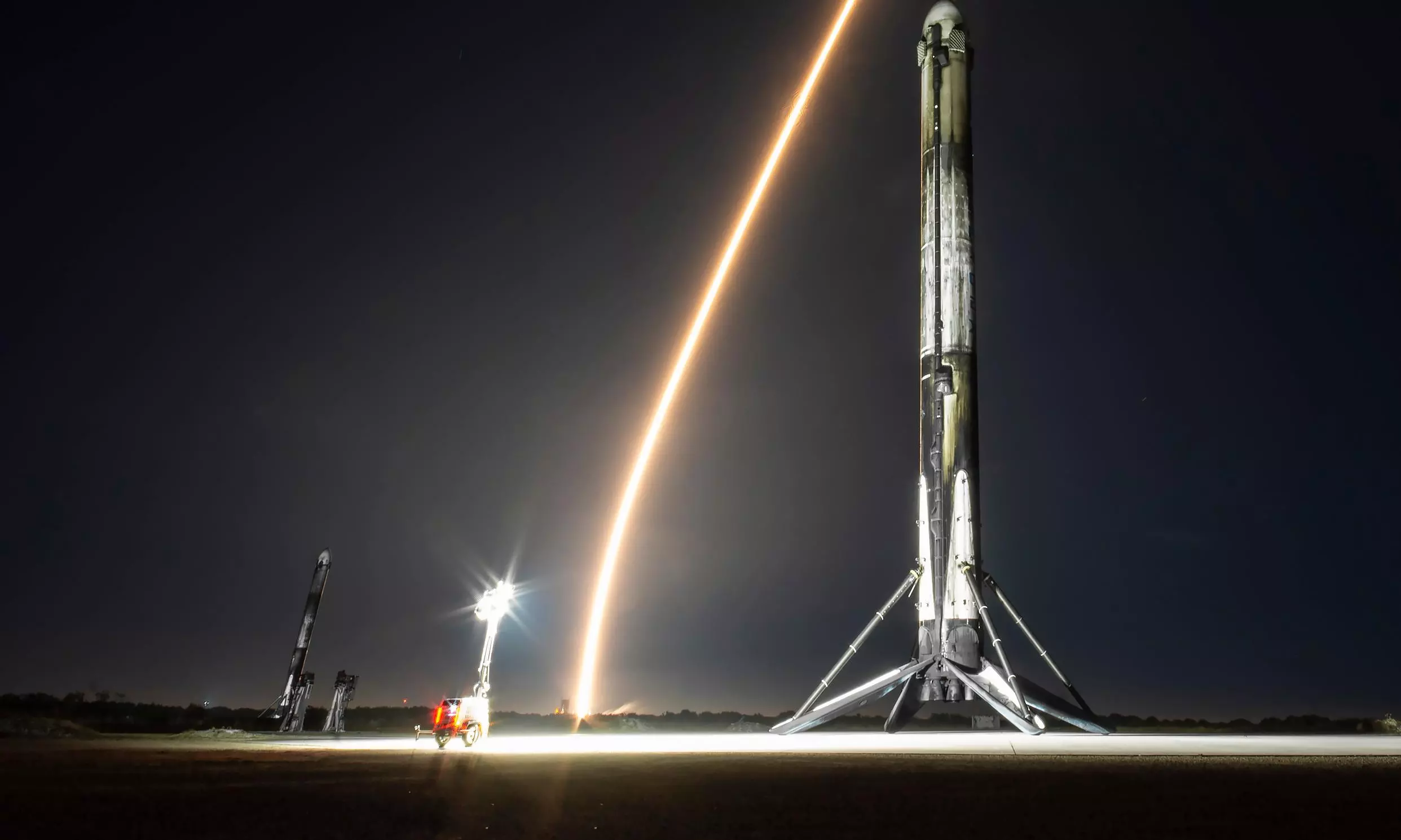
ISRO outsources GSAT-20 launch to Elon Musk-owned SpaceX
The launch of the communication satellite, weighing 4700 kg, on board the SpaceX Falcon-9 rocket, will take place sometime in the second quarter of this year

India is all set to foray into launching heavy payloads deep into space. And to do that, it has joined hands with none other than Elon Musk, whose SpaceX will send the GSAT-20 satellite into space on board its Falcon-9 rocket.
New Space India Limited (NSIL), the commercial arm of the Indian Space Research Organisation (ISRO), has signed a pact with SpaceX. The GSAT-20 satellite will be launched on board the Falcon-9 during the second quarter of 2024 under a launch service contract between NSIL and SpaceX, NSIL said in a press release on Tuesday (December 2). The launch will likely take place from Florida, US.
What the satellite will do
According to NSIL, GSAT-20, now renamed GSAT-N2, “offers Ka-Ka band HTS capacity with 32 beams” and “pan-India coverage”, including Andaman and Nicobar and Lakshadweep islands. The satellite weighs 4,700 kg and offers a high-throughput satellite (HTS) capacity of nearly 48Gpbs.
“The satellite has been specifically designed to meet the demanding service needs of remote/ unconnected regions,” the NSIL statement said.
Shift in India’s space programme
The launch service contract with SpaceX, USA, also reveals the limitations of ISRO’s Launch Vehicle Mark-III (LVM3), which is capable of placing only 4,000 kg of payload into space.
In addition, the deal with SpaceX also marks a shift in India’s space programme, which until now relied on the France-led Arianespace consortium. Arianespace helped India launch 23 of its heavy-duty communication satellites on board the Ariane-5, which is now out of service, according to media reports. The new version of the rocket, Ariane-6, is delayed.
Need for new launch vehicle
ISRO chairman S Somanath was quoted by media reports as saying that SpaceX had to be approached because no other rocket was available at the time.
Somanath has also been stressing the need for developing a next-generation launch vehicle that can lift off a payload of 10,000 kg and place it into space. ISRO is developing a rocket of this liftoff capacity at the Vikram Sarabhai Space Centre, but it is still some years away from becoming a reality.
Secured by Indian service providers
NSIL launched the first demand-driven satellite launch mission GSAT-24 in June 2022, which was fully leased to Tata Play. The GSAT-N2 satellite will provide cost-effective Ka-Ka band HTS capacity, to cater to broadband, In-flight and Maritime Communications (IFMC) and cellular backhaul service needs of the country.
“The bulk of the HTS capacity on board GSAT-20 has already been secured by Indian service providers,” the NSIL statement added.

